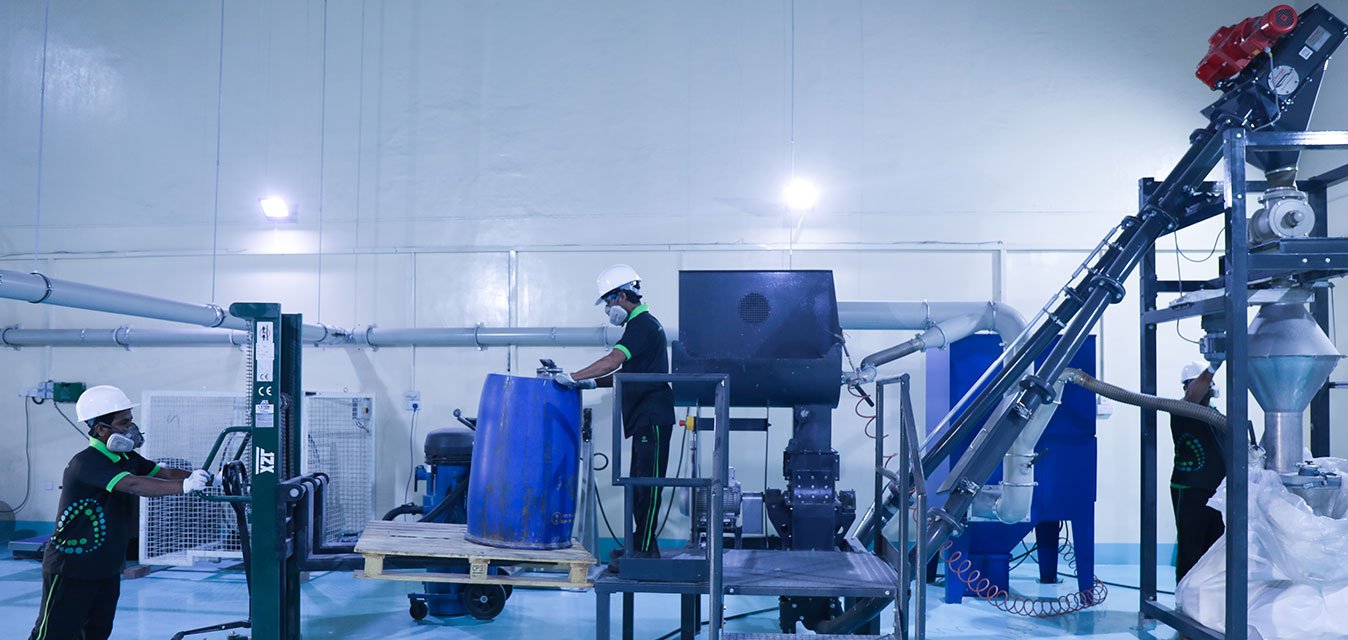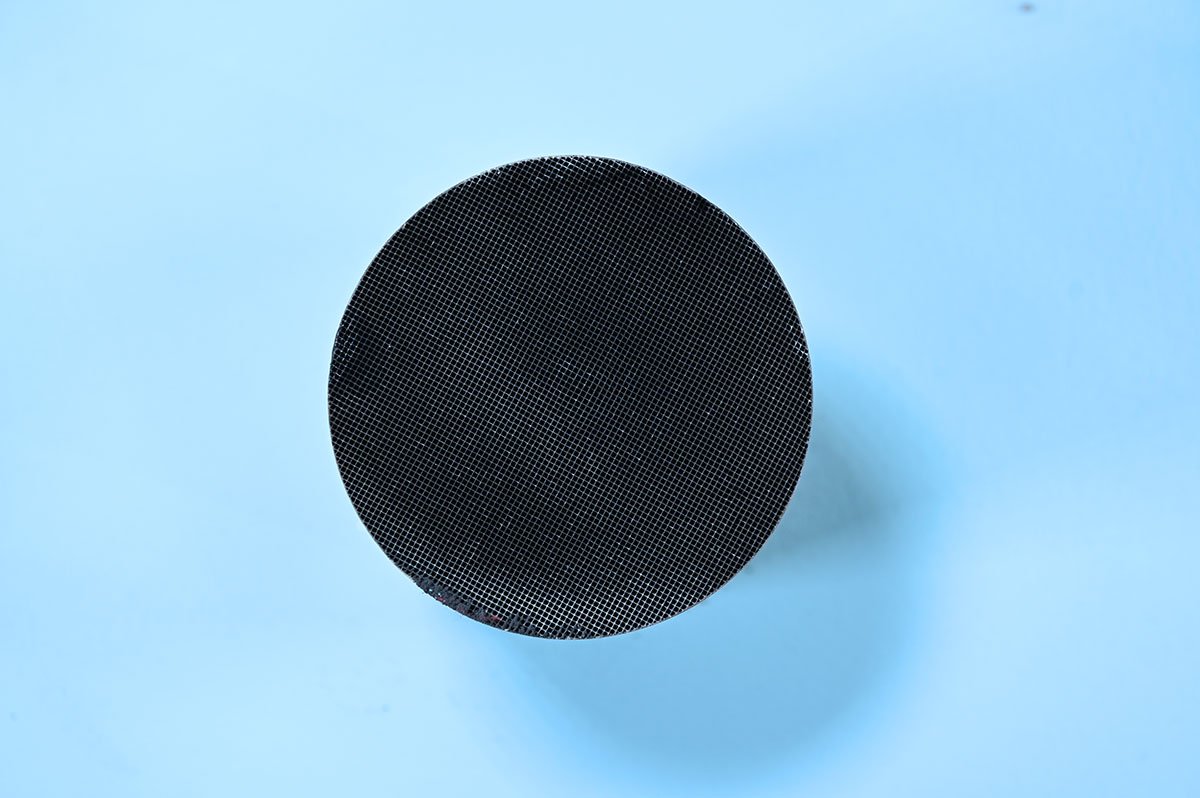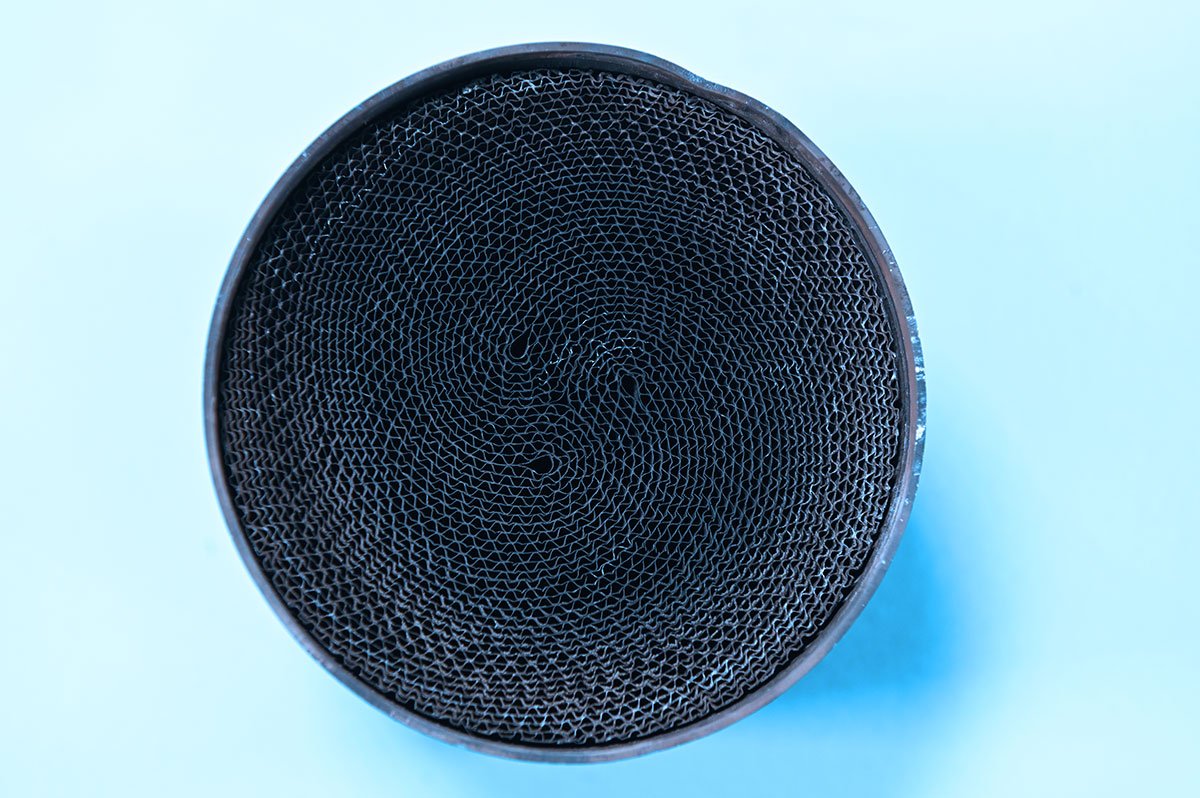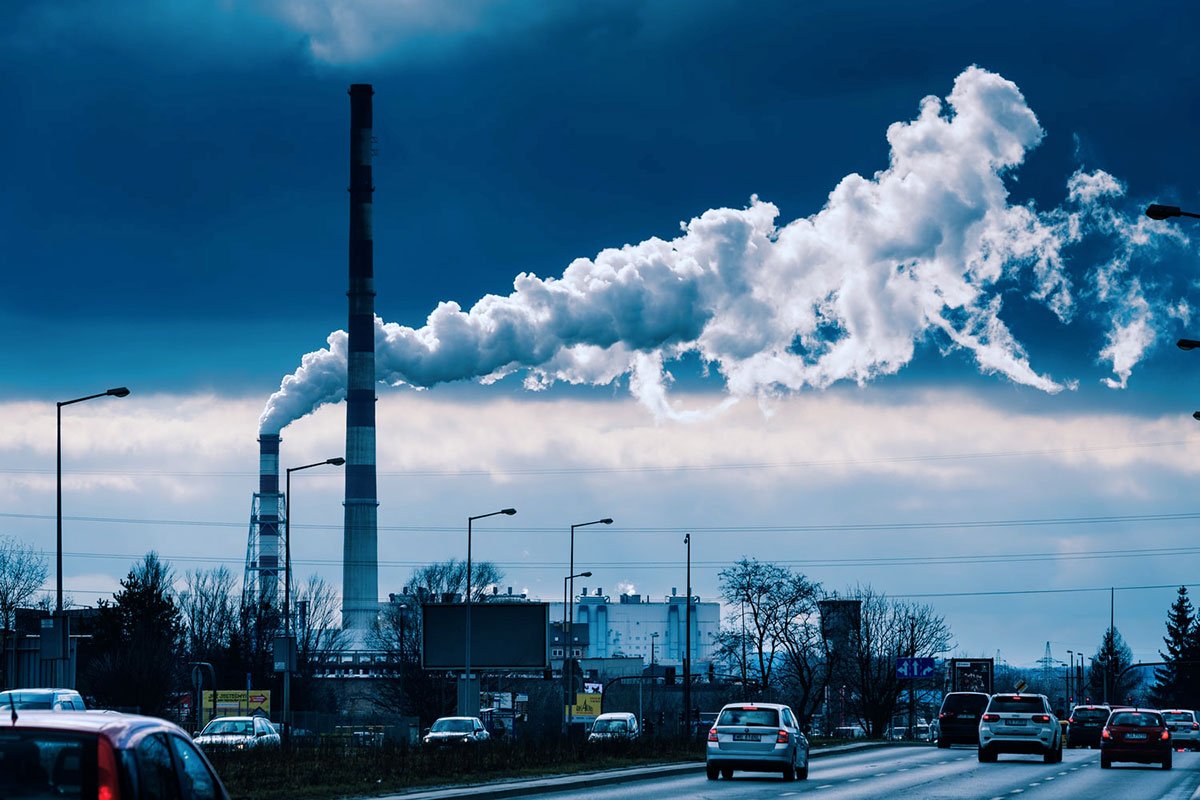

Materials

Catalytic converters reduce the level of toxic waste generated during the combustion process. They make it possible to produce really “clean” vehicles meeting modern environmental requirements by reducing harmful car emissions to the atmosphere by almost 90%. But it has a lifespan and recycling can provide new lease of life for the precious materials inside it.
The catalytic converter is made up of several materials. The catalyst core or substrate varies according to the vehicle. At Windson Recycling, our expert team can get you the best price for any type of converter – be it Ceramic, Metallic Catalytic Converters or Spent Catalyst – thanks to modern technology and our expertise over a decade.
Get in touch with Windson Recycling to learn how we can recycle your catalytic converter and give you an instant settlement!
Ceramic catalytic converters are considered very fragile. They can be broken or deformed even by slightest of impact on the road due to humps or use of wrong fuel. The scorching summer in the Middle East can also impact its lifespan.
Once the original reaches end of life, recycling can provide new lease of life for the precious materials inside it. The ceramic honeycombs are removed and grounded to a homogeneous mass. Further, from the obtained homogeneous material, chemical samples will be taken for X-ray fluorescence tests. And by results of those tests, experts at Windson Recycling will determine the concentration of precious materials in the converter.
One advantage of metallic substrate is it has a lower specific heat capacity and higher thermal conductivity which allow the converter heated up quickly. It is possible to more easily manufacture the channels in different shapes to increase turbulence of the flowing gas.
A precious coating of rhodium, palladium or platinum is evenly sprayed on the metal honeycombs of such a neutralizer, located in a stainless steel case.
Increasing the turbulence makes the exhaust come in contact with more catalyst surface area thus converting more of the exhaust into less harmful emissions with a smaller volume.
We offer best in market price per unit for genuine metallic catalytic converters.
We receive spent catalysts from various industries in order to refine and recover the precious metals, maximizing their profitability in a totally transparent process. Depending on the material and its metal content, a method of analysis is chosen. Once the composition of the material is known, our team offers the best recycling and fast settlement.
Contact Windson Recycling to recycle your catalytic converter and get fast settlement!



